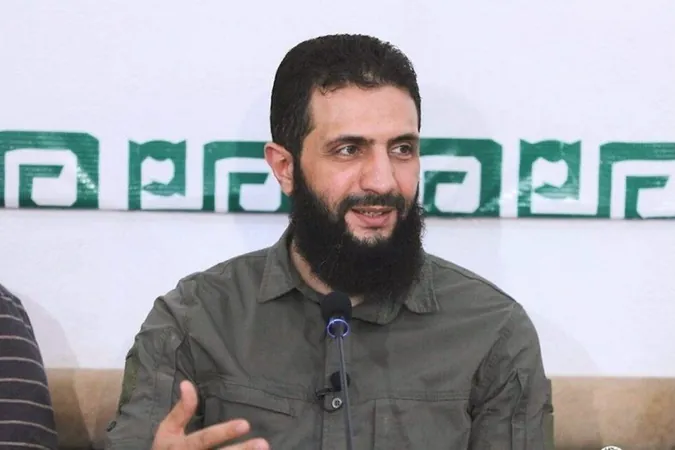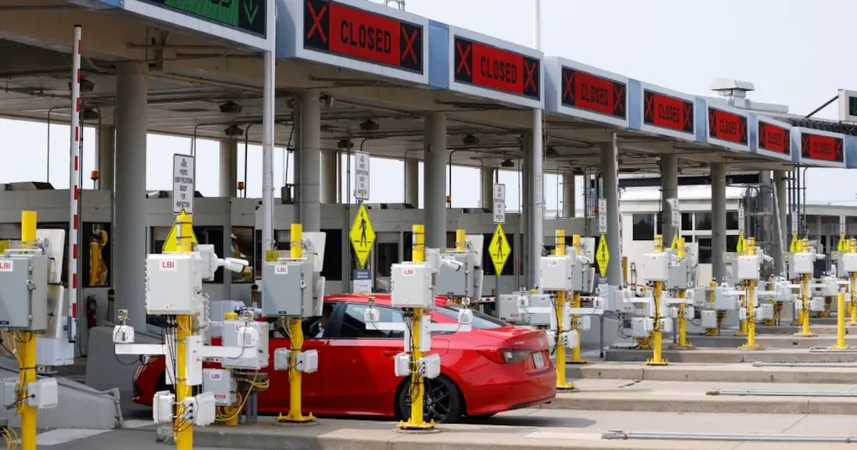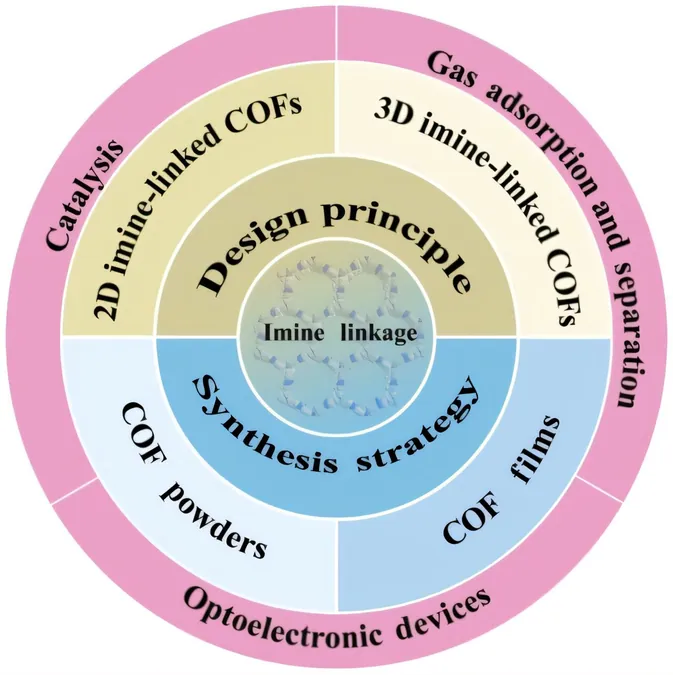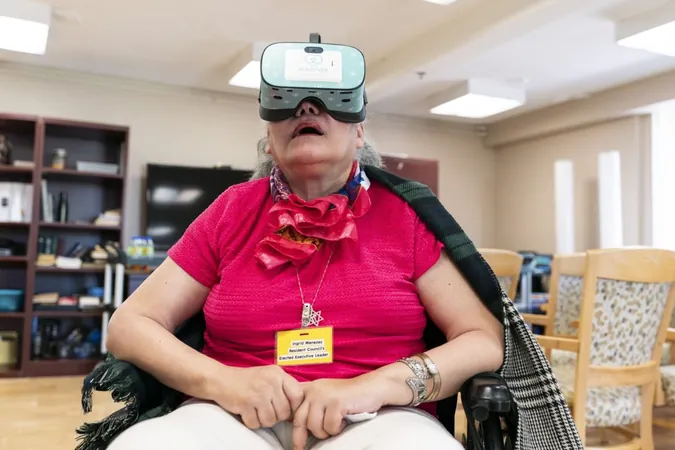
Who is Ahmad al-Sharaa? The Surprising New Leader of Syria
2024-12-16
Author: Emily
As Syria emerges from the shadow of Bashar al-Assad, a wave of optimism washes over the nation, largely fueled by the unexpected ascent of Ahmad al-Sharaa as its new de facto leader. Formerly known as al-Jolani, Sharaa brings a fresh perspective to a country long marred by conflict and authoritarian rule.
In a recent briefing with journalists, Sharaa boldly declared the Iranian regime to be the primary problem in the Middle East and suggested that diplomacy, not aggression, would guide Damascus's approach to Israel. While real governance challenges lie ahead, Sharaa's initial foray into leadership has been met with widespread applause.
His climb to power culminated in Idlib, where he prevailed over rival armed groups to establish control. Sharaa's governance is praised for effective tax collection, balancing budgets, and restoring essential services, from waste management to educational systems. His commitment to rebuilding infrastructure ravaged by war represents a stark contrast to previous regimes.
However, Sharaa's journey isn't without its controversies. Early on, his administration attempted to impose a sweeping social engineering law aimed at Islamic moral standards, which mandated gender segregation and banned alcohol, among other restrictions. The backlash was fierce, leading to the law being shelved. Sharaa's attempt to promote a softer interpretation of Islam reflects a significant ideological shift, recognizing that enforcing religious doctrine through coercion often backfires—an insight previously adopted by Saudi Crown Prince Mohammed Bin Salman in his rapid social reforms.
In terms of international relations, Sharaa has expressed a keen desire to distance Syria from Iranian influence, promising to disband non-state militias and reaffirm the state's monopoly on violence. He publicly stated, “Syria has no issue with the Iranian people, only with the dangerous project of the Iranian regime.” Furthermore, Sharaa emphasized that military engagement with Israel would not be on the table, aiming to foster diplomatic ties instead.
His engagement with global powers appears promising, with both London and Washington expressing interest in dialogue with Sharaa's administration. As Sharaa navigates the complexities of Syrian governance, the challenge lies in uniting the fractured nation under a stable leadership that avoids the temptations of Islamist populism.
Despite the initial euphoria surrounding Sharaa's leadership, the enormity of managing an entire country—compared to merely one province—could pose significant obstacles. Should popular discontent surface, the new regime might find itself resorting to the very ideologies it seeks to distance itself from.
For now, the world watches in cautious optimism. Ahmad al-Sharaa represents a potential turning point for Syria, one where peace may eventually take precedence over conflict, and where optimism may pave the way for a brighter future. As leaders and citizens alike gear up for what lies ahead, it remains imperative to monitor Sharaa's policies closely and to lend support as Syria embarks on this uncertain yet hopeful path.









 Brasil (PT)
Brasil (PT)
 Canada (EN)
Canada (EN)
 Chile (ES)
Chile (ES)
 España (ES)
España (ES)
 France (FR)
France (FR)
 Hong Kong (EN)
Hong Kong (EN)
 Italia (IT)
Italia (IT)
 日本 (JA)
日本 (JA)
 Magyarország (HU)
Magyarország (HU)
 Norge (NO)
Norge (NO)
 Polska (PL)
Polska (PL)
 Schweiz (DE)
Schweiz (DE)
 Singapore (EN)
Singapore (EN)
 Sverige (SV)
Sverige (SV)
 Suomi (FI)
Suomi (FI)
 Türkiye (TR)
Türkiye (TR)